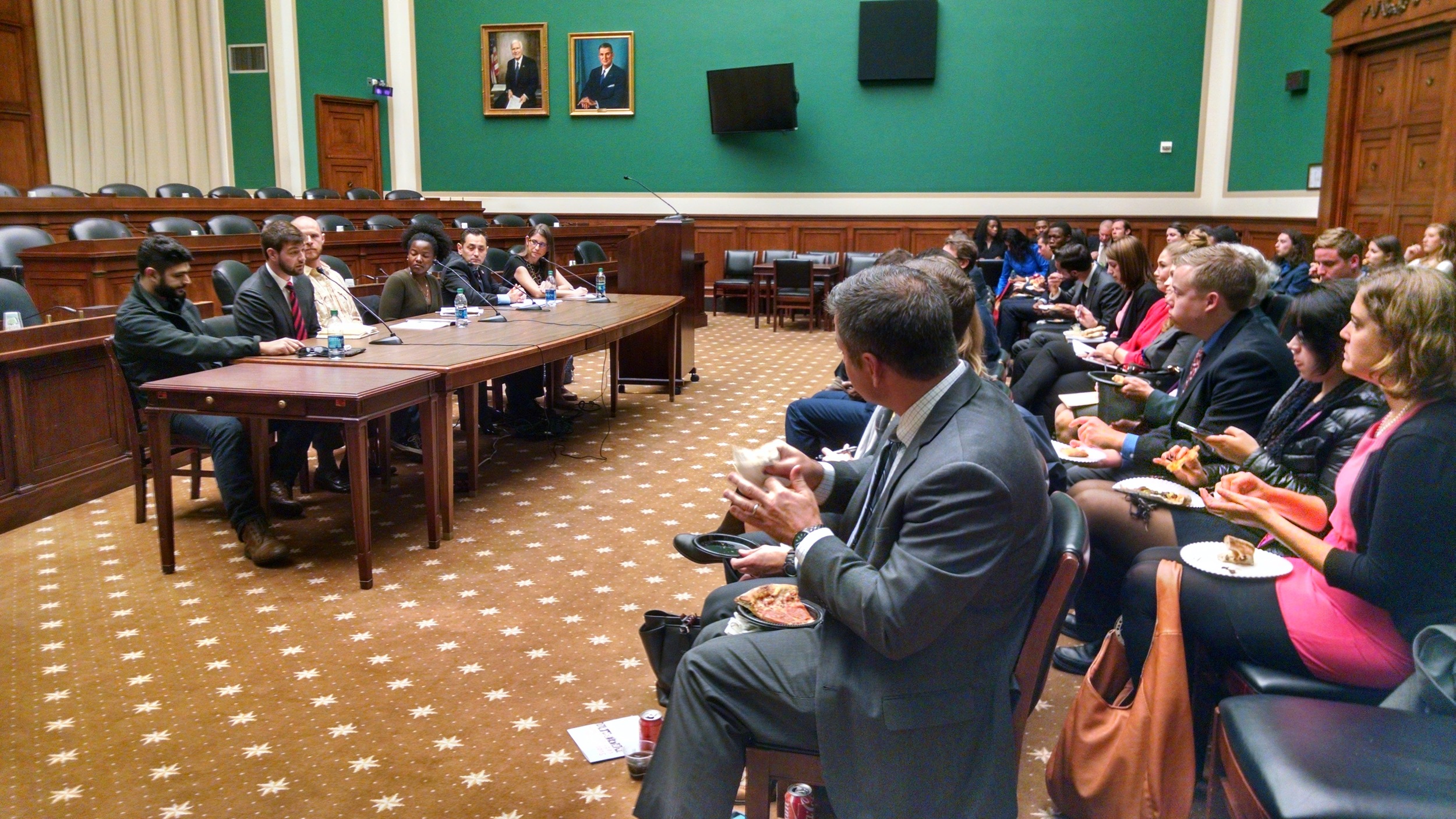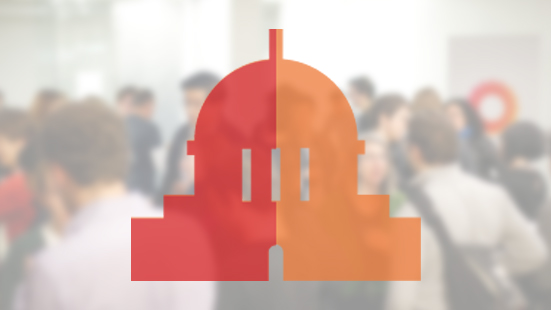Our weekly take on some of the biggest stories in startup and tech policy.
More Eyes on EU Data Laws. Congress examined international data issues at two separate hearings this week, covering everything from cross-border data flows to U.S. surveillance reform. But the main focus was the recent EU safe harbor decision. Negotiators have until the end of January 2016 to find a replacement for safe harbor. However, businesses of all sizes are already beginning to weigh whether they should simply move their data to European servers over concerns that alternative compliance mechanisms may not be valid. We’ve noted on our blog (and others agree), forced data localization would be incredibly costly - especially for smaller companies - and would have a chilling effect on internet innovation. We’re tracking.
Pros and Cons in SEC’s Crowdfunding Rules. The release of the SEC’s long-awaited investment crowdfunding rules is a huge victory in itself: it facilitates an entirely new form of fundraising for cash-strapped startups. But, are the rules themselves any good? We’ve written previously about changes we wanted to see to the proposed crowdfunding framework, and the SEC’s rules incorporate a few of the items on our wishlist. Specifically, funding portals are now allowed to subjectively decide whether or not to list certain companies on their platforms and may take an equity stake in issuers, too. But, while the new rules ease some of the high disclosure burdens of the proposed framework, they do not go far enough to make investment crowdfunding affordable for small companies. A more detailed look here.
Comprehensive Immigration Reform: Not Happening. Earlier this week, newly elected Speaker of the House Paul Ryan confirmed a suspicion most immigration reform advocates have sensed for years now: that the House will once again refuse to consider comprehensive immigration reform legislation. “I do not believe we should advance comprehensive immigration legislation with a president who’s proven himself untrustworthy on this issue,” Speaker Ryan announced emphatically on “Meet the Press” and repeated in an op-ed Tuesday. But while we won’t expect to see immigration reform on the legislative agenda, we at least expect to hear about it in the 2016 election cycle.
Anti-Airbnb Measures Fails in SF. On Tuesday, San Francisco voters struck down a measure that aimed to curb Airbnb rentals (and those offered by other homesharing services) in their city, where the convoluted conflict between tech and housing is alive and well. Winning the the vote 55-45, Airbnb far outspent its opposition with an $8 million television, billboard, and canvassing campaign against the measure. Among the lessons learned from its victory? Airbnb representatives have said its user base of hosts and guests is willing and ready to mobilize on the company’s behalf, a movement we could see in more cities as Airbnb and other companies come up against new regulatory challenges.
Internet for Everyone in Arkansas. The Arkansas legislature has promised it will have a plan to deliver high speed broadband access to every home, business, and institution in the state by October 2016. The “call to action” was inspired by similar broadband expansion efforts in nearby states like Kentucky and Tennessee. Arkansas’ House speaker noted that broadband “has become the 4th rail of economic development. It is just as important as your transportation infrastructure, your educational and workforce infrastructure, your tax structure.” We couldn’t agree more and are pleased to see states acting to ensure all of their citizens have access this essential resource.
Former Twitter Engineer: Diversity is Difficult. An essay by a former lead engineer at Twitter is gaining momentum and attention, highlighting the challenges the tech industry continues to confront in making its workforce more inclusive. Leslie Miley recounts his efforts to increase employee diversity at the company, describing frustrating conversations with senior engineers who referred to diversity efforts as “lowering the bar.” The tipping point for Miley was when he pitched his proposal for hiring a ”Diversity Engineering Manager” and was met with suggestions from higher-ups that underscored “the unconscious tendency to ignore the complex forces of history, colonization, slavery and identity.” It was the culmination of these conversations and the refusal by leadership to acknowledge their own “blind spots” that drove Miley to leave.
Podcasting Tech Policy on a16z. Engine Executive Director, Julie Samuels, spoke with Techdirt’s Mike Masnick and the host of the Andreessen Horowitz podcast earlier this week. Together, they covered a “whirlwind tour of current policy issues in tech - from patents and IP in China to cybersecurity, privacy, and Safe Harbor in Europe…And the gig economy, talent, and immigration.” That’s a lot of tech policy, and all in under 60 minutes. Listen here!
#VetsWhoTech. In anticipation of veterans day, Engine is highlighting the success stories of veterans who’ve made strides as developers and founders in the tech industry. These stories showcase the great potential of this community to become leaders in the industry, as well as the ways in which government support for their efforts is falling short. Follow the series on Medium.











